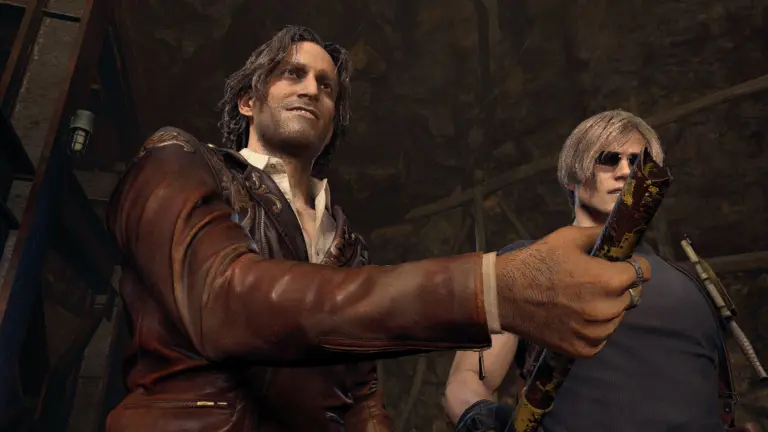
There is no entertainment medium with as widespread universal appeal as that of gaming, not to mention the variety of ways it can be applied and enjoyed. They can be as competitive as any sport, elicit emotions in an audience through the simple act of moving an analog stick forward, and can grant a special kind of immediate satisfaction while in the grocery line. Though, when it comes to telling a compelling narrative in a way only the interactive medium can, enthusiasts often have to actively search far and wide for an experience of that nature. That’s not to say there aren’t videogames that tell rich, engrossing stories. There are, however, an incredibly severe lack of tales told in gaming in a way that are not mimicking film or television storytelling methods. Often there’s great disparity between what is being conveyed in a game’s story, and what the player is enacting during gameplay sequences. Ludonarrative dissonance is on the tip of many bloggers tongues these days, patiently waiting for a time where they can shelve the term more often.
Now, we’re at what many critics are claiming to be a pivotal moment in gaming history with Naughty Dog’s new title, The Last Of Us. There is no doubt that, by now, you have been seen the massive amount of high praise the game has been receiving from the gaming press. It’s been lauded as some sort of transcendent piece of interactive entertainment that pushes the invisible narrative quality barrier, and now we are all supposed to point towards it when someone says “you can’t tell a good story in a videogame“. Is it the poster child of good storytelling? It’s an interesting notion, and one that very well may be true in many respects. However the technical proficiency of what’s in a script isn’t as large of a determinant factor as to whether or not it’s a landmark in the art of storytelling within gaming as one would think; it’s more about how the story is presented to us.
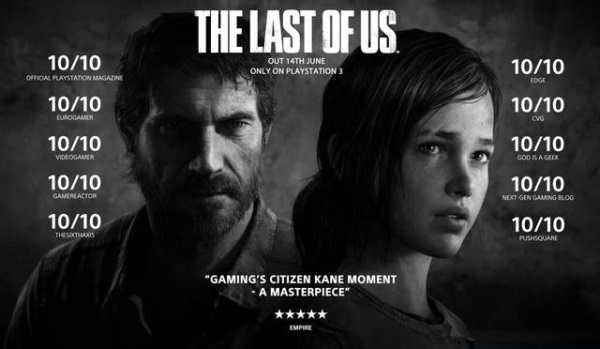
You’ve probably already seen the above image tallying up all the accolades The Last Of Us has received from various outlets. It’s the quotation at the bottom from Empire, though, that I’d like to focus on: “Gaming’s Citizen Kane moment.” Now, what exactly is that line supposed to mean? Is it that the game is indeed something that forever changes the way stories are told in the interactive medium? Or is it just an over the top hyperbolic statement, something that’s become the granddaddy of positive adjectives?
It’s fairly common within popular media to label a piece of art as “The Citizen Kane of [Insert category/medium/whatever here].“ It’s become a sort of positive adjective to describe something as “the best of the best.” Sometimes it’s a joke, most of the time it’s the product of an over-enthusiastic critic, and rarely is it ever justifiable in any sort of meaningful way. Why is it that this movie is brought up so often though? What is it about Citizen Kane that made it so significant in film and something that’s still so actively talked about over half a century after its release? The answer is that it forever changed the art of filmmaking, for the better.
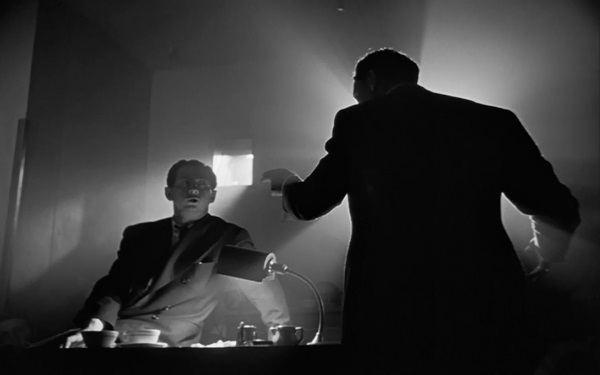
Citizen Kane is often hailed as one of, if not the greatest film ever created. However, if you posed the question “Why is this movie so amazing?” to seasoned film critics, they would probably give you a very different answer than what you were expecting. You see, Citizen Kane isn’t nearly as well recognized for it’s narrative, so much as it was a massive achievement in the art of movie making. It was an explorative piece of media that experimented with techniques such as low-angle shots, contrast, lighting, depth of field and so on. A lot of these innovative techniques expanded on the ways filmmakers could feed things, like story elements and character motivations/thoughts through subtle visuals, and made characterization a much more elegant process. Citizen Kane quite literally expanded upon the ways you could convey things to an audience in a movie–film was forever changed and would be vastly different without Orson Welles’ brilliance. It was a technical masterpiece that used special effects to accentuate the story being told on the screen. That last sentence is one I can’t stress enough when discussing the importance of Citizen Kane, and why the point needs to be considered when comparing The Last Of Us to Citizen Kane; it wasn’t so much about the actual story told that made it an achievement, moreso how the story was told.
So, considering that The Last Of Us’ actual narrative is nothing at all like Citizen Kane, and is far more evocative of films like The Road or No Country for Old Men. It’s safe to assume that the comparison is made just to claim that the game is an achievement in the art of creating videogames. When you keep all of that in mind, that is what it was that made the movie so important to film. It seems as though videogames have had several of these moments throughout the inception of the interactive medium. Mario 64 introduced us to proper ways to navigate a 3D environment. Half-life came up with new ways of telling a story while keeping the player in control and not being reliant on cutscenes. Silent Hill 1 through 3 used disturbing and bizarre imagery as a means to explain to the player what was going on in the story and in the hearts of the characters. There are far too many examples of games that innovated on their respective medium similarly to how Citizen Kane did for film to even bother continue listing.
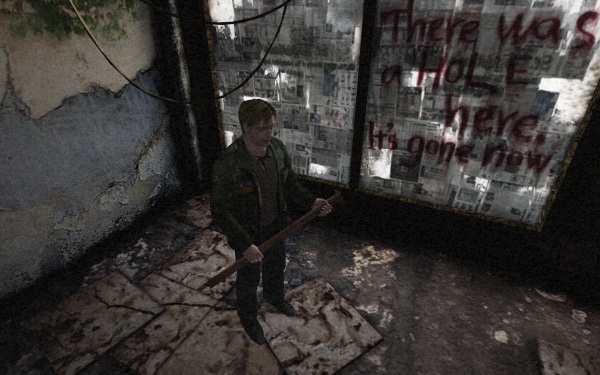
Now, that’s not to say that there are multiple games on equal footing as Citizen Kane in terms of cultural impact. Far from it, in fact; the film medium is still far ahead of videogames in terms of masterful storytelling, the sheer variety of stories you can tell, and again, the plethora of ways a story can actually be told. Though the ultimate question is besides the point entirely: Why are we comparing interactive entertainment to film endlessly? Yes, both are host to artistic expression and storytelling, but that’s really where the comparisons should end. Film is an entirely separate entity from videogames, and they should be treated as dissimilar from one another.
I mean, nobody says “The Last of Us is gaming’s Thriller moment,” after all, so let’s not judge a title from one medium to the best that another medium has to offer. It is well within the realm of possibility that Naughty Dog’s latest is well on it’s way to becoming a landmark moment in gaming, and advances the medium in ways we’ve never seen before, just as Citizen Kane did for film. It’s just this damaging practice, that critics have to point outwards from gaming to look for cultural relevancy, rather than inward. We’re still struggling with some growing pains in gaming with regards to how to tell stories in a way that can’t be replicated in other art forms, and we’ll continue to for years to come. That’s not a depressing notion at all though, gaming has only been around for roughly 30 years and isn’t going anywhere. If games like Journey are any indication, the future of emotionally evocative games is looking bright.
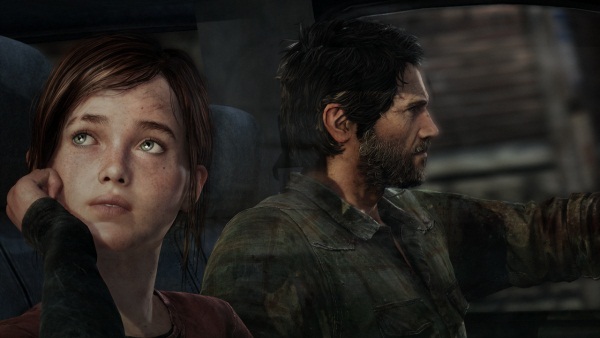
Ultimately, it doesn’t matter if The Last Of Us is as impactful to videogames as Citizen Kane was to film. The comparison should never had been made to begin with, because the two have nothing to do with each other. In the ongoing movement to recognize gaming as “true art,” the first thing fans, critics, and developers alike need to do is stop reaching towards film for relevance. Gaming needs to be able to stand on it’s own merits first and foremost if it wants to be recognized as art. We need to stop searching for the next Citizen Kane, and start looking at the first The Last of Us.


